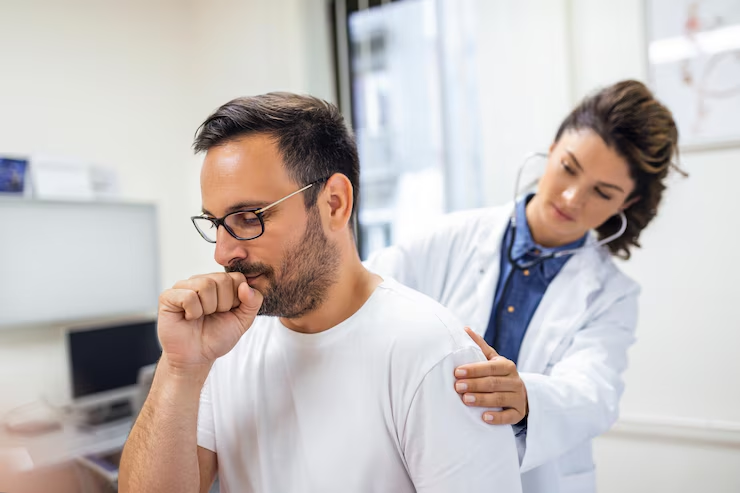Pneumonia is a serious infection that affects the lungs. It can strike at any time of the year, making prevention essential in every season. Understanding how prevent pneumonia helps protect both individuals and communities. This guide is designed for patients and laypeople, offering straightforward, practical insights that you can apply in daily life to prevent pneumonia effectively.
Understanding Pneumonia and Its Impact
Pneumonia often starts with symptoms like a cough, fever, or difficulty breathing. It can be caused by bacteria, viruses, or fungi. Across India, pneumonia’s severity might change with the seasons, influenced by factors like humidity or temperature changes. Recognizing how to avoid pneumonia involves knowing these common causes and staying alert to their signs.
The Importance of Year-Round Prevention
Understanding how do i prevent pneumonia is vital, as the risk persists year-round. Seasonal changes introduce varied exposure risks. Certain groups, like young children, older adults, and those with chronic diseases, face higher risks. Each group requires tailored strategies to handle their specific vulnerabilities and ensure comprehensive protection.
Vaccination Strategies: A Solid Defense
Vaccines are your best defense in how prevent pneumonia. Consider these options: – Pneumococcal Vaccines (PCV13, PPSV23) – Annual flu shots – COVID-19 vaccines
Follow recommended timelines and intervals for these vaccines to build solid immunity. For those in India, guidelines provided by health authorities can direct appropriate actions tailored to local needs.
Practicing Good Hygiene Habits
Good hygiene is key to knowing how to avoid pneumonia. Regular, thorough handwashing stops germ spread: – Rub hands with soap for at least 20 seconds. – Use hand sanitizer when soap isn’t available. – Avoid touching your face with unwashed hands.
These steps help block respiratory infections, cutting down risks significantly.
Boosting Immunity Through a Healthy Lifestyle
Boosting immunity through a balanced diet and healthy habits is another answer to how can we prevent pneumonia. – Eat foods rich in vitamins to strengthen your immune system. – Stay hydrated and ensure regular physical activity. – Prioritize consistent, quality sleep for better health. – Adopt seasonal eating habits, focusing on local, nutrient-rich foods.
Reducing Exposure to Contaminants and Risks
Reducing exposure is essential in understanding how do you prevent pneumonia: – Avoid close contact with sick people. – Practice good sneeze etiquette, using tissues or elbows to cover coughs. – Wear masks in crowded areas, especially during higher risk seasons like the monsoon.
These steps work together to manage environmental hazards and support a cleaner, safer environment.
Creating a Pneumonia-Safe Environment
Creating a clean environment prevents pneumonia. Keep your space sanitized: – Regularly clean household and public areas. – Enhance air quality indoors by using purifiers or keeping spaces ventilated.
Beware of myths about pneumonia transmission to avoid misinformation. Focus instead on proven health practices that ensure safety for everyone.
Managing Pre-existing Health Conditions to Lower Risk
Managing health conditions like asthma, diabetes, or heart disease helps reduce pneumonia risk. Maintain regular health checkups and medication adherence to keep illnesses under control and minimize complications.
Recognizing Symptoms and Seeking Timely Help
Early recognition and intervention are crucial for how to avoid pneumonia: – Be aware of symptoms like persistent cough or fever. – Seek medical advice early to halt progression. – Follow steps to prevent spreading it to others, ensuring everyone’s health.
Conclusion and Actionable Steps
Prevention strategies must be a routine part of life. Simple actions like consistent vaccination, practicing good hygiene, and maintaining a healthy lifestyle are effective. Encourage sharing these tips to improve community health. Take immediate, purposeful steps by staying informed on how to prevent pneumonia and applying these measures in everyday life for the best outcomes for you and those around you.


